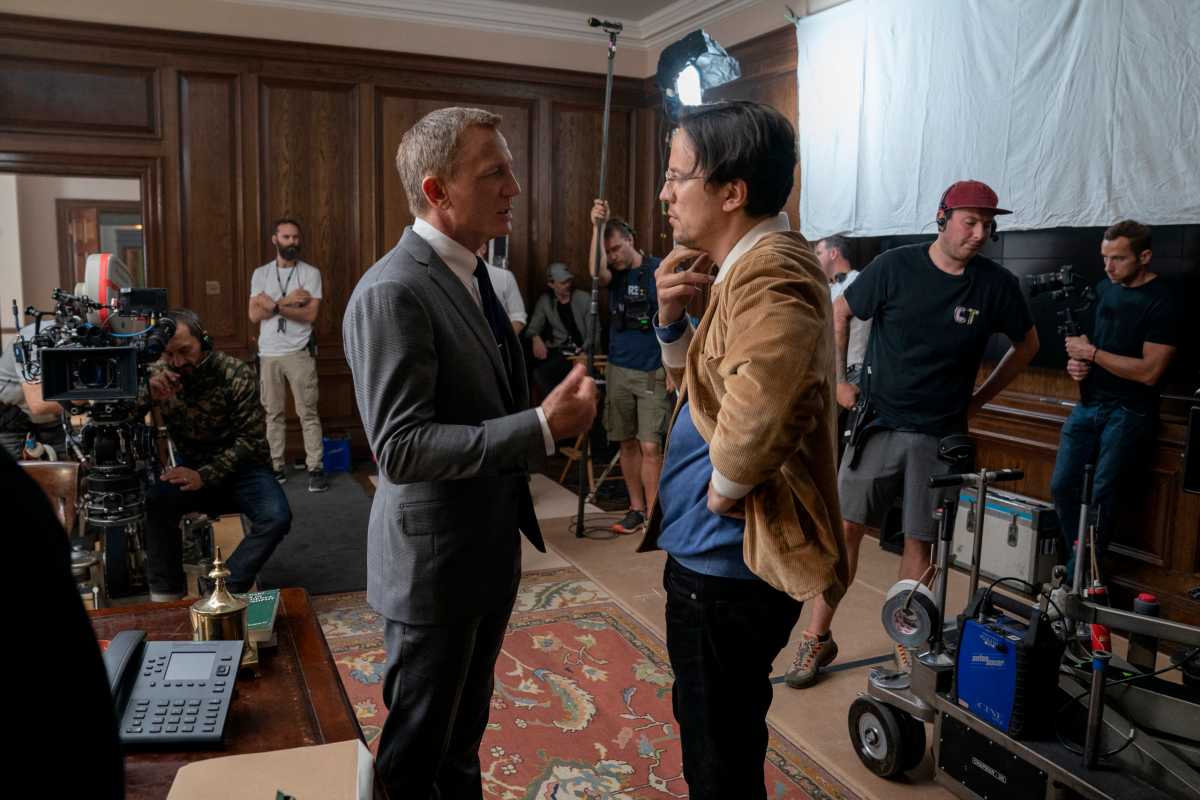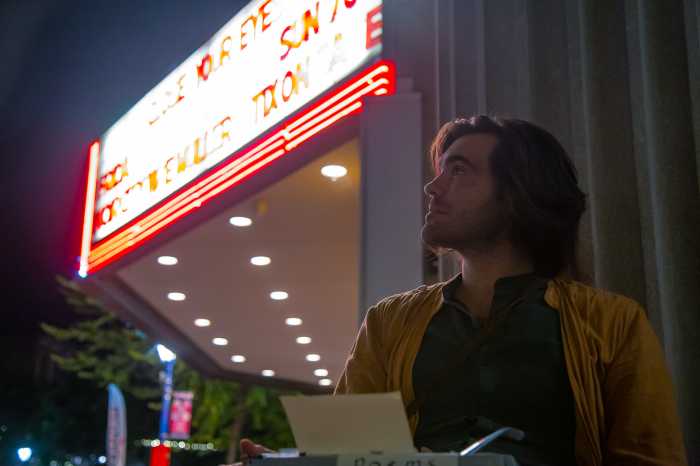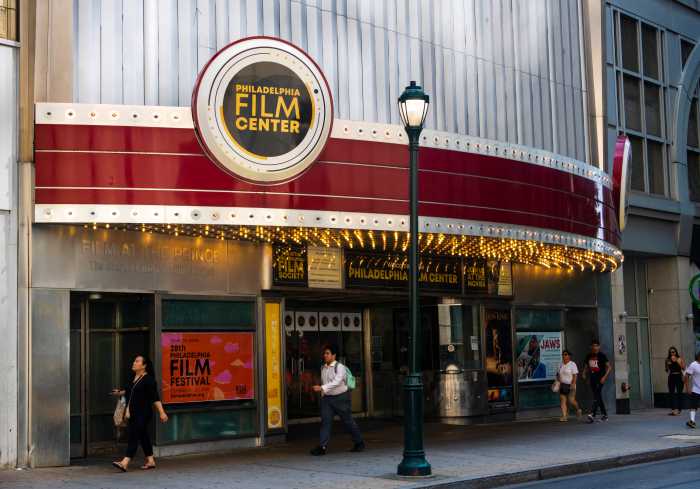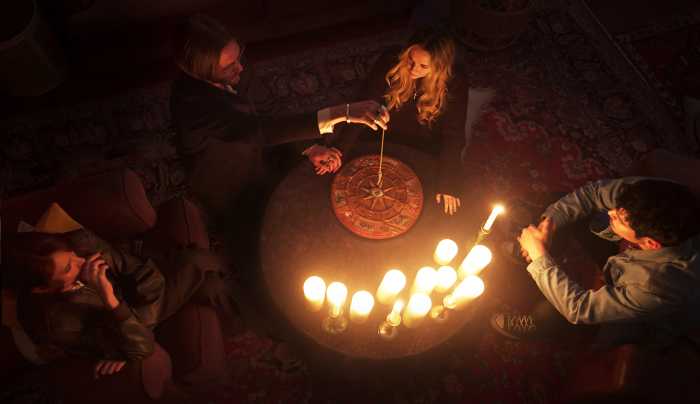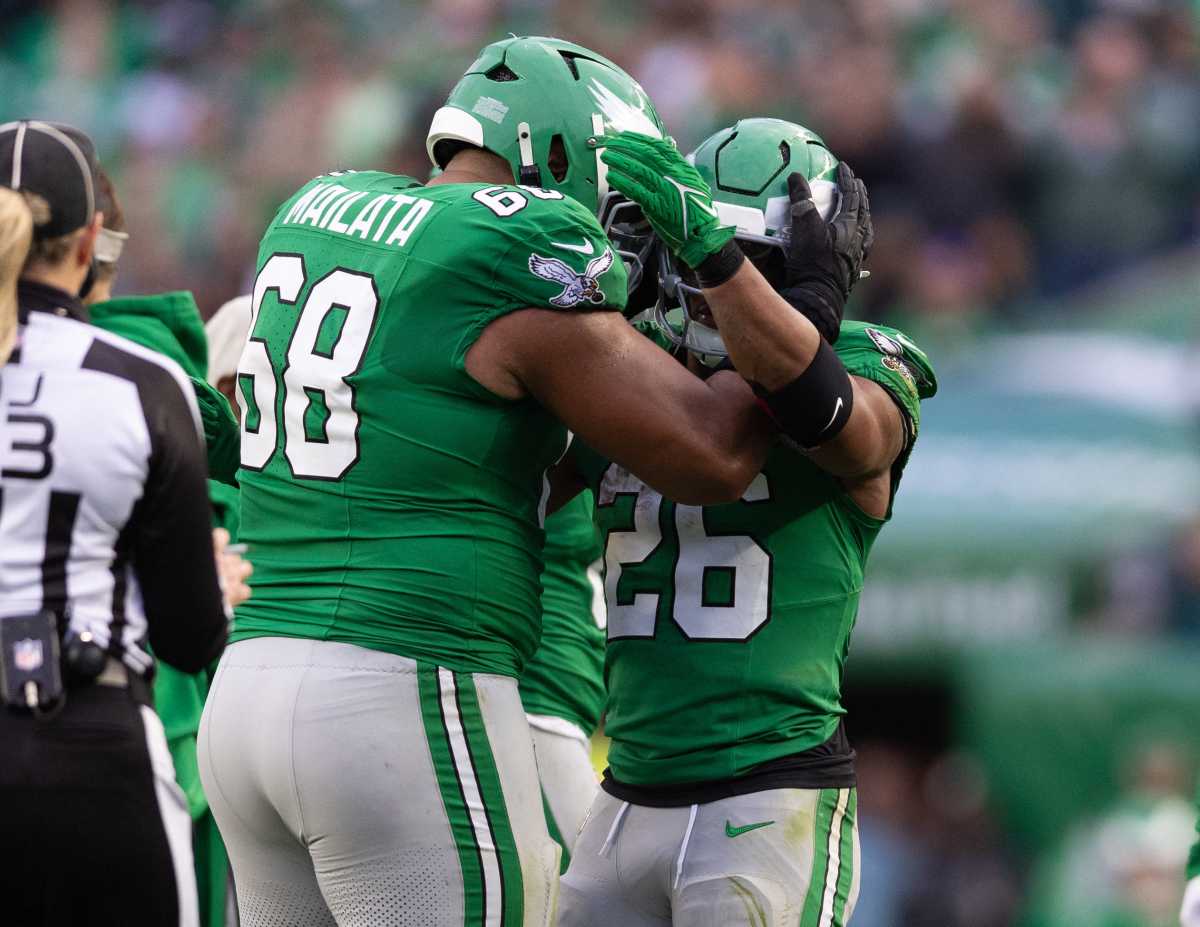By María Estévez, MWN
Cary Joji Fukunaga is one of the storytellers impossible to typecast. The 44-years-old directed romantic drama “Jane Eyre” (2011), the best season of “True Detective” and made war drama “Beasts of No Nation” (2015) for Netflix. When Fukunaga abandoned the movie “It” in 2016 due to creative differences with the author, he was offered “No Time to Die,” the 25th movie of the Bond franchise and the biggest opportunity of his career. Parting ways with Stephen King became a valuable point for Barbara Broccoli, producer and force behind the “00” saga.
He finished the movie in March of 2019, however, the release had to be postponed due to the COVID-19 pandemic. And now the world will finally be able to enjoy it.
Metro sat down with the filmmaker to learn more.
The movie was shot quite some time ago. Would you change anything at this point?
There is nothing that I want to change. I feel pretty good about what we achieved in the end. But there is always a fear that if the movie sits long enough on the sidelines, there are things that may be no longer relevant. I just rewatched the movie this week to do the audio commentary and it still feels fresh. So, thankfully, we don’t have to wait any longer to get to the audience. We didn’t change anything because of COVID-19, it remained the same from the start of shooting to the end. We didn’t change the script, we had a very clear path. It was defined thematically and dramatically very early but the development of the character and actions were developing even on the last day of shooting. We are very happy with the results even though it has been a year and a half since we finished it.
Have you been able to bring your style to the franchise?
Inevitably, a version of me is there and not only as a director but also as a writer. I was adding my own experiences to the characters. Sometimes consciously, sometimes unconsciously. I think my DNA is sprinkled into the story, but I really thought it was my responsibility to have continuity as well and make sure it was based on the existing canon and on what Daniel Craig has done. I looked into “Casino Royale” in terms of story arcs and themes established there and also stylistically I wanted it to feel like a classic film. I really like that “Casino Royale” departed from Pierce Brosnan’s style although I did appreciate it at the time as I do like classic cinema. So, hopefully, 20 years from now, when people watch my movie, they don’t feel a radically different shift.
You are the first American director to make a Bond movie. Was it an opportunity to come up with new ideas?
What I really liked in “Casino Royale” was the dynamic between characters. I never saw a female character in a tet-a-tet conversation with Bond, and I loved the development of the romance and, aside from the majesty secret service, we never saw a woman really crack his vulnerability. I wanted to explore that aspect of the relationship, to link the story to the human inside of Bond that is closed down after her betrayal and discover if Madeleine Swann could be the key to that lock.
How was it to shoot the movie with Imax cameras?
The cinematographer and I both wanted to shoot in Imax because it is kind of a bluff. So, when the producer said “yes” to Imax, we were both really surprised and shocked, but obviously elided we were having the opportunity to shoot a sequence. We shot 27 minutes of edited footage in Imax. At first, those big cameras seemed questionable because they weigh a ton. The sound blimps were like alien spaceships, not practical, and we never used them. But the footage turned out to be incredible. If I could shoot everything with Imax cameras, I would. I understand why Christopher Nolan does it. The result is gorgeous. There is nothing like it.
Why is James Bond still so popular?
There should be a study on it. I think the reason is not only because of its legacy, but the relationships and memories that people have built with the character. Going to watch the movie with parents or family, or enjoying it on Christmas Eve… that’s a traditional side of it. My own interest is in Daniel Craig. When people see him play in “Casino Royale,” he really was a young man. It was the first Bond that I saw as an adult that really meant something to me. Daniel brought back the franchise and the character and I was excited to see where they take it. I never saw Bond played so human, showing vulnerability and also brute force violence. I loved the way Daniel did it, and I became a real fan through new films once again. That reset of the character was very important to modernize the character in just the right way.



